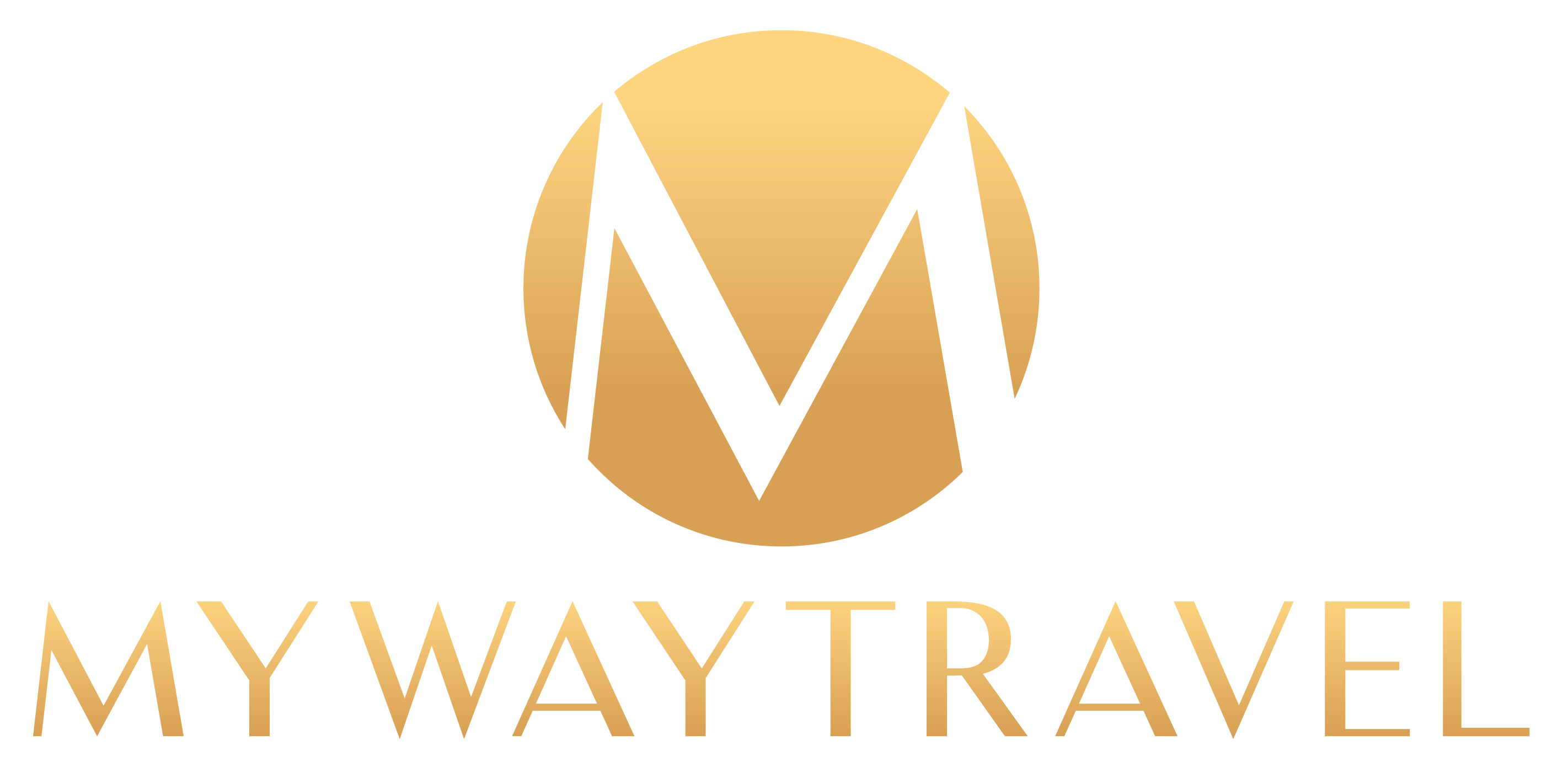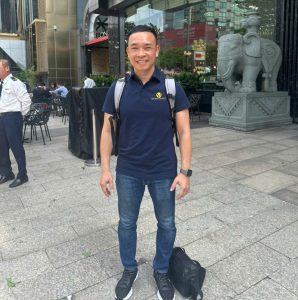Visit the Elephant Transit Home in Udawalawe, Sri Lanka
Where Orphaned Elephants Get a Second Chance
Just outside the gates of Udawalawe National Park, within less than a minute’s drive, lies one of Sri Lanka’s most heartwarming conservation projects — the Elephant Transit Home (ETH). Operated by the Born Free Foundation (UK) in collaboration with Sri Lanka’s Department of Wildlife Conservation, this sanctuary offers a rare opportunity to witness how orphaned and injured elephant calves are cared for before being returned to the wild.
What Is the Elephant Transit Home?
Unlike many traditional elephant sanctuaries, the Elephant Transit Home in Udawalawe operates with one simple but powerful mission: to rehabilitate baby elephants so they can eventually return to the wild. ETH is not a zoo or a place to ride or bathe elephants. Instead, it’s a protected area where young elephants, often orphaned due to human conflict or natural causes, are nurtured and fed until they are strong and independent enough to survive on their own.
These calves may have been separated from their mothers, fallen into irrigation ditches, or become ill in the wild. The staff at ETH, with veterinary help and support from international conservationists, ensures that these young elephants receive the nutrition and care they need.
When to Visit: Elephant Feeding Times
The best time to visit the Elephant Transit Home is during one of the daily feeding sessions — a sight that is as adorable as it is moving. Feeding times are:
-
10:30 AM
-
2:30 PM
-
6:30 PM
During these periods, visitors can watch as a group of young elephants are guided by their caretakers into the feeding enclosure. They eagerly approach, some stomping their feet or trumpeting impatiently, waiting their turn to suck down their milk through plastic hoses attached to large funnels.
While you’re watching from behind a barrier (for the elephants’ safety and to minimize human interaction), you’ll get an excellent view of how orderly and well-managed the process is. Each elephant calf receives a specific amount of milk formula tailored to their dietary needs.
A Natural Environment, Not a Tourist Show
One of the most inspiring aspects of ETH is that the elephants are not overly humanized or made into a spectacle. Visitors are not allowed to touch or interact closely with the animals. The emphasis here is on conservation, not entertainment.
After feeding, the elephants are returned to a nearby protected forest, where they live in a semi-wild environment with minimal human contact. Once the calves reach maturity and can survive independently, they are released into Udawalawe National Park, where rangers continue to monitor them for a time to ensure successful reintegration.
A Glimpse into Elephant Behavior
Watching the elephants interact — nudging each other, flapping their ears, or expressing excitement before feeding — is not just cute; it offers an authentic look at elephant behavior in a supportive environment. You’ll also see how unique each calf is: some are shy, some playful, and others visibly more dominant in the group.
Visitor Info
-
Location: Just outside Udawalawe National Park entrance
-
Entry Fee: Small conservation-based fee (goes toward elephant care)
-
Time Needed: ~30–45 minutes per feeding session
-
Best For: Families, wildlife lovers, photographers, ethical travelers
Why It Matters
With Sri Lanka’s wild elephant population under threat from habitat loss and human-elephant conflict, places like the Elephant Transit Home play a vital role in preserving the island’s natural heritage. Over 100 elephants have been successfully reintroduced to the wild thanks to this project.
When you visit ETH, you’re not just watching baby elephants drink milk — you’re supporting a cause that helps protect and rehabilitate one of Sri Lanka’s most majestic species.
Final Thoughts
If you’re traveling near Udawalawe, don’t miss the chance to visit the Elephant Transit Home. It’s a short stop that leaves a lasting impression, not just because of the elephants’ charm, but because of the meaningful work being done there every single day.
Whether you’re a family on holiday or a wildlife enthusiast with a camera, ETH offers a rare window into the world of elephant conservation in action — one milk bottle at a time.
Start planning your trip to Sri Lanka
Start thinking about your experience. These itineraries are simply suggestions for how you could enjoy some of the same experiences as our specialists. They’re just for inspiration, because your trip will be created around your particular tastes.
Dream trip ideas await! Explore expert-inspired suggestions and customize your perfect adventure.
Further reading
PLAN YOUR TRIP
Tell us about your plans and one of our specialists will plan a unique trip for you…
Can’t get any ideas for you next trip?
Let TripAdvisor help you!
Find something else special





